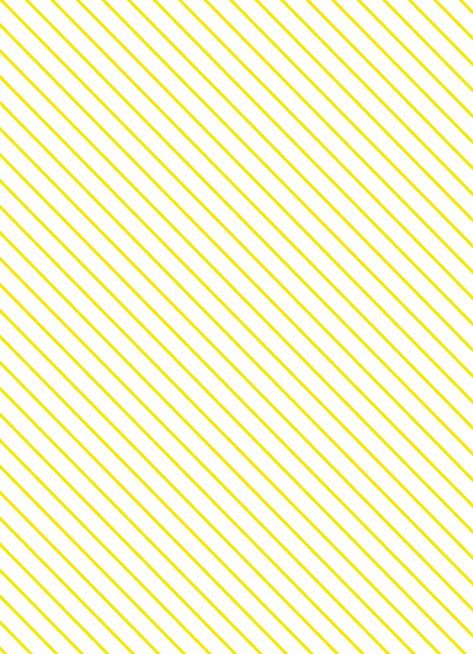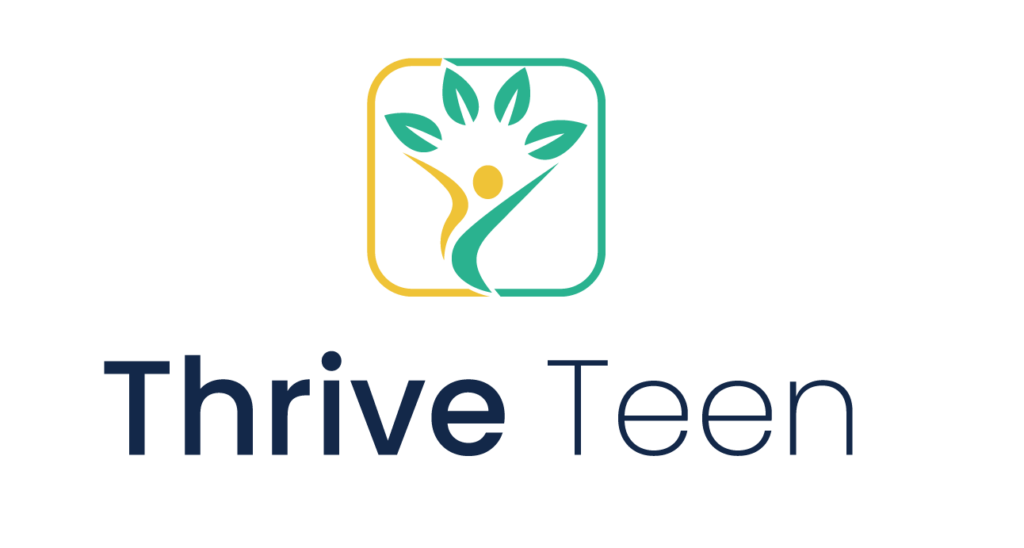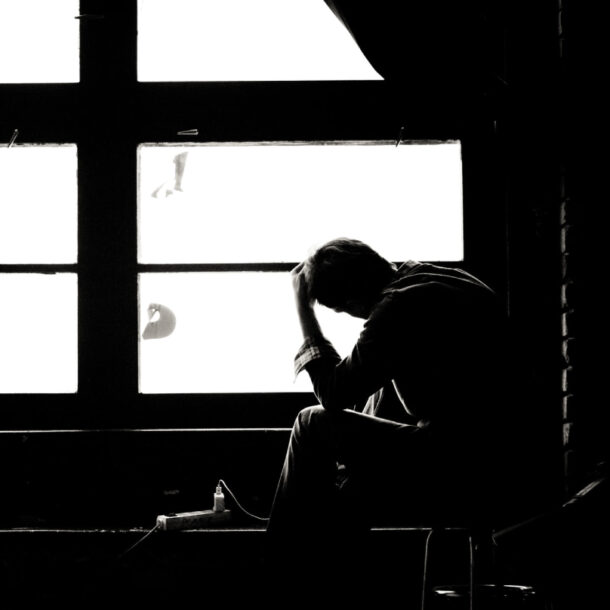What We Treat
OCD
Virtual Teen OCD Treatment
Research found that OCD is one of the more common mental illnesses among children and teens, with an estimated 1% to 3% of children and teens reportedly struggling with OCD. OCD (obsessive-compulsive disorder) can significantly impair a child’s mental health, relationships with others, and their ability to perform daily tasks.
While it is not uncommon to second guess whether you closed your garage door or locked your front door before leaving your home, OCD involves obsessively having frequent and unwanted thoughts and sensations that cause you to perform certain repetitive behaviors, otherwise known as compulsions. OCD is more than just being a “perfectionist”; OCD can significantly hurt your mental health and overall quality of life, especially if left untreated.
If your child is struggling with OCD, it’s essential they seek professional OCD treatment to better manage their symptoms so they can get back to living a healthier, more balanced quality of life. Thrive Teen offers teen OCD treatment online. We offer virtual mental health treatment for teens that helps teens regain control over their lives. We offer a range of mental health treatment services so patients can receive the right treatment for their exact condition.
Contact us today to learn more about how we can help you on your recovery journey.
Common Signs and Symptoms of OCD
OCD (obsessive-compulsive disorder) is more than just being a perfectionistic or clean freak. OCD involves obsessions which are unwanted thoughts and sensations, followed by compulsions, which are unwanted repetitive behaviors you do that are triggered by your obsession. OCD varies by person in both what one’s obsessions and compulsions are, as well as the severity of one’s OCD symptoms.
Below are some common signs of obsessions associated with someone who may be struggling with OCD:
- Being afraid or fixated on dirt or germs.
- Repetitively having doubts that impact your daily life (i.e., locking your front door).
- A need to have things in order or symmetrical.
- Aggressive and frequent thoughts about harming yourself or others.
- Frequent and unwanted thoughts that are violent, sexual, or religious.
Below are some common signs of compulsions associated with someone who may be struggling with OCD:
- Washing your skin too much that it becomes raw.
- Frequently checking doors to ensure they are locked.
- Frequently checking the stove to ensure you turn it off.
- Counting or being fixated on certain patterns.
- Constantly saying certain words or prayers while doing unrelated tasks.
- Collecting or hoarding possessions that have no value or personal significance.
Again, it’s important to understand that OCD can look different for different people. For example, someone may have OCD and be obsessed with being clean and so fearful of germs and dirt. Meanwhile, another person could not be afraid of germs or dirt but have a strong desire to have everything ordered and symmetrical.

Common Causes Of OCD
Although researchers do not know the exact cause behind OCD, there are a variety of factors researchers believe may influence one’s likelihood of developing OCD, which include:
- Genetics: If you have a family history of OCD, especially if a first-degree relative (i.e., a sibling or biological parent) had OCD, this increases your risk of developing OCD yourself.
- Brain Changes/Abnormalities: Various studies have found that brain imaging looks different for people who struggle with OCD vs people that don’t have OCD. Differences were observed both in the frontal cortex and subcortical structures of the brain.
- Trauma: If you experience traumatic or stressful events when you were younger, these events may cause you to develop OCD.
If you suspect you may be struggling with OCD, it’s critical you seek professional help to regain control over your life. Thrive Teen offers high-quality teen OCD treatment to help children and teens better manage their OCD symptoms and get back to living a healthier, happier quality of life.
Let Us Help Your Family
We Work with Most Insurance









Comprehensive Virtual Teen OCD Treatment
Thrive Teen offers leading virtual teen OCD treatment because it offers both a combination of modern and traditional treatment options to best help each patient safely and effectively manage their symptoms. We offer a range of OCD treatment options from talk therapy to medication, and more so, each teen can receive the tailored treatment plan they need to best manage their symptoms.
Cognitive behavioral therapy (CBT) is one of the most common forms of psychotherapy offered at Thrive Teen. Consider CBT as a form of structured talk therapy where a teen can openly talk about their unwanted and obsessive thoughts, beliefs, and feelings and then learn healthy ways in which to break down those obsessions.
Exposure therapy is a form of CBT that can be extremely beneficial for those struggling with OCD. Exposure therapy involves gradually exposing an individual to a certain fear or situation. For example, if someone has OCD about germs, that patient may try and touch a doorknob in a public setting and then allow themselves to feel out of the situation rather than running to wash their hands raw. The goal of exposure therapy is for the patient to become used to the fearful situation or unwanted event to the point that they don’t even second guess that fearful situation/unwanted event.
Other virtual teen OCD treatment options include medications depending on the severity of the OCD. If your child is struggling with severe OCD that is significantly interfering with their daily life, medication can help them better manage their OCD and fear surrounding their specific obsessions and compulsions so they can effectively live a more healthy and balanced life.
At Thrive Teen, we also offer a range of alternative therapies like yoga, meditation, music therapy, art therapy, and more. These alternative therapy options can help patients stop constantly obsessing and become more aware of the present moment, whether it be while doing art, practicing yoga, and more.
Because OCD can vary significantly from patient to patient, it’s important to understand that your OCD treatment may look different than someone else’s. At Thrive Teen, we strive to provide comprehensive virtual teen OCD treatment along with a range of other treatment options and programs so patients can receive tailored treatment to best help them along their recovery journey.
Top-Rated Teen OCD Treatment
OCD is one of the more common mental disorders among children and teens. And yet, many teens never get the professional support they need to effectively manage their symptoms or simply brush off their symptoms as being a perfectionist. However, if you suspect you are struggling with OCD, it’s essential you seek treatment and receive help from our virtual OCD teen therapy to better manage your symptoms. Otherwise, OCD left untreated can harm your mental and physical health and well-being, interfere with social interactions and relationships, and be detrimental to your daily life and responsibilities.
At Thrive Teen, we offer teen OCD treatment. We are committed to providing comprehensive, quality mental health treatment so teens can get back to leading a healthy, balanced life. Whether you are struggling with OCD, depression, anxiety, or another mental illness, our compassionate staff is here to help you every step of the way to take back your life.
Contact us today to learn how you can start your recovery journey.
Treatment Services at Our Teen Center
- Individual Therapy
- Medication Management
- EMDR & Trauma Therapy
- DBT & Emotion Regulation
- Mindfulness & Meditation
- Psychiatric Services
- Psychoeducational Groups
- Life-Skills Training
- Group Therapy
- Experiential Therapies
- Relational Education & Therapy
- Self-Empowerment
- Codependency & Boundaries
- Local Mutual Support Group Meetings
- Resume Building
- Job Search Assistance
- Academic Assistance
- Device Dependency
- Anger Management
Thrive Teen offers treatment for a variety of mental health disorders








